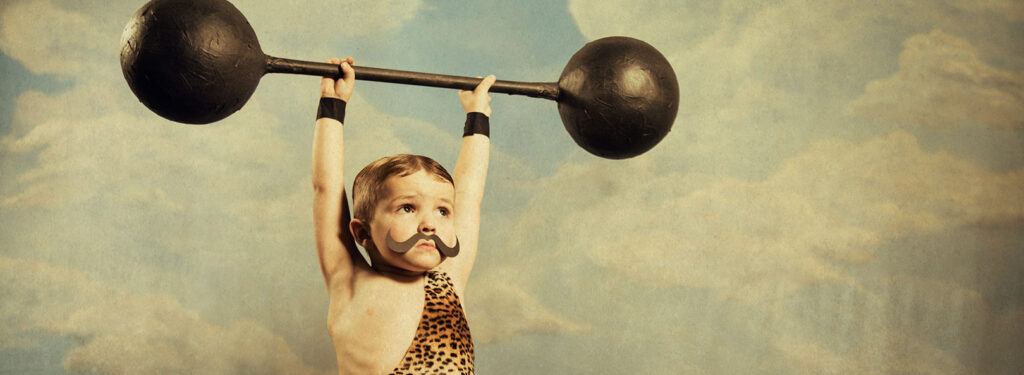The title of this article is a rather obscure nod to my roots as an older member of the Millennial generation (or Generation Y). We were the generation that got to enjoy such cult classics as Pulp Fiction and endlessly entertain each other with renditions of lines such as “Who’s Zed?” “Zed’s dead baby, Zed’s dead.” I doubt many members of Generation Z (pronounced Zed in the UK) would even know what I was talking about these days.
A few years ago I spent quite some time studying Generation Y and the impact of what I would only describe as the biggest generational divide in the history of, well… generational divides.
In time-honoured tradition, that is our human predilection and prerogative (why the hell not, I’m old enough to have prerogatives these days) every older generation has bemoaned the onslaught of the newer generation. Their ideas are new and scary, a threat to “the way things ought to be done”.
But why was the difference between Generation Y and those who came before them so pronounced? The answer is that the sheer speed of technological and other advancements created a yawning gap the size of the Grand Canyon. Values, preferences, and way of life all changed at such a rapid pace, and Millennials were shaped into very different people, very quickly.
That is why the impact on businesses was so significant. Imagine a young and bold Generation Y, who values the virtue of speed over the more traditional value of patience, texting his bemused Baby Boomer boss to look at the email that he sent half an hour earlier… and then knocking on the door to see if she got the text. Neither are wrong, they just have different values.
At a macro level, Generation Y is currently spearheading a transformation that will soon see the entire business world turned on its head – in a good way. But I’ll save discussions of the democratic age of business, Teal organisations and people-value led culture for another time. The point is,we’re only just getting to grips with how to integrate these rapidly changing cultural compass points into our ever-evolving daily lives.
That is why I was so surprised to catch wind of the latest demographic getting attention from marketers and researchers: Generation Z. In a true reflection of our times* it seems that even Generation Y is now old news, and the next shiny product is about ready to fall off the conveyor belt and into our hands for review and rating – Generation Z.
This generation, born since the turn of the century, is still in school for the most part. Yet we recognise that this independent, socially aware and empowered generation (with money to boot), will in just a few years, hold significant sway on our cultural trends. Companies are desperate to get a handle on what makes this emerging consumer base tick.
My interest is more anthropological than that. We are in the early stages of a social evolution that will totally change our development and way of life as a species. I believe in the centuries to come this era will be viewed with much curiosity. “How on earth did they manage to adjust to mobile technology?” they will ask. “How did they counter the health implications of their more sedentary life styles?” “How did they figure out how to update their profile picture on Facebook?” “When did they realise that Tinder was the cause of declining birth rates at the start of the millennium?”
And early indications with regards to Generation Z are very encouraging indeed. More virtuous, more industrious, more altruistic, raised on a healthy diet of equality and fair treatment, they are more tolerant and peaceful. Not only that, they will be tasked with reversing the environmental damage that has been done in the last two centuries, and figuring out how we can all eat our way back to health and vigour.
It may be that for the first time, we produce a generation that those before it cannot find much to moan about. Sure, teenagers will be teenagers. But on the whole, Generation X (the main parental demographic for Gen Z) is doing a fantastic job of raising this generation. How annoying for us Millennials that we will not get to enjoy our fair share of “when I was a lad” and judgement. Oh well, – I’m sure we’ll do it anyway. It is human nature after all…
* Rapid technological advancement and an impatient populace creating a match made in consumer heaven – or hell, depending on how you look at it.
